In a strategic move to attract foreign investment and strengthen its private sector, Nigeria has officially joined the European Bank for Reconstruction and Development (EBRD), marking a significant milestone in the country’s economic diplomacy and reform agenda.
The announcement was confirmed by both the Nigerian Ministry of Finance and EBRD officials during a ceremony held at the bank’s annual meeting. Nigeria is now the first sub-Saharan African country to become a full member of the institution, signaling a shift in the EBRD’s traditionally regional focus and highlighting Nigeria’s growing influence in global financial circles.
A Vote of Confidence in Nigeria’s Economic Ambitions
Finance Minister Wale Edun described the membership as a “major vote of confidence” in Nigeria’s market potential and reform trajectory.
“This partnership will help unlock capital, build infrastructure, and enhance competitiveness in key sectors like energy, agriculture, and manufacturing,” Edun said. “Our goal is to create an enabling environment where the private sector can thrive and drive inclusive economic growth.”
What EBRD Membership Means for Nigeria
As a member, Nigeria will now have access to the EBRD’s financial tools and advisory services aimed at boosting private enterprise, improving governance frameworks, and supporting sustainable development. The bank, known for its work in emerging economies, focuses on mobilising private investment, particularly in countries undergoing structural reforms.
Nigeria’s membership comes at a time when the country is grappling with high inflation, a depreciating currency, and growing pressure to diversify away from oil dependence. Officials say EBRD’s expertise will be especially valuable in supporting renewable energy projects, infrastructure development, and public-private partnerships.
Expanding EBRD’s Global Footprint
EBRD President Odile Renaud-Basso hailed Nigeria’s accession as a “milestone for the institution” and part of its broader strategy to engage more deeply with African economies.
“Nigeria’s dynamic private sector and its strategic role in West Africa make it an ideal partner for the EBRD,” she said. “We are excited to support the country’s reform agenda and contribute to sustainable, inclusive growth.”
The Road Ahead
While membership does not automatically guarantee funding, it opens the door for Nigeria to apply for project financing, technical assistance, and investment co-financing. The government is expected to outline priority sectors for collaboration in the coming months, with early discussions already underway in energy, transport, and digital infrastructure.
As Africa’s largest economy seeks to reposition itself amid global economic shifts, Nigeria’s entry into the EBRD marks a strategic step in tapping international support to realise its development goals.
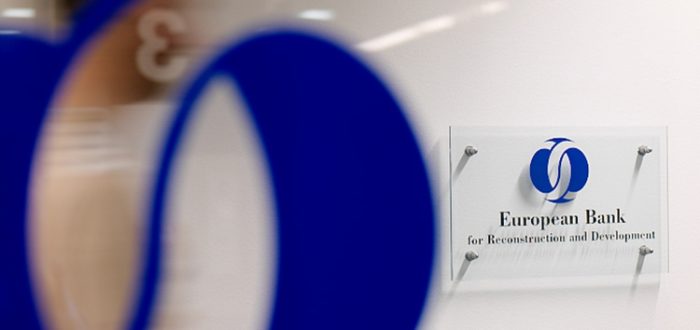

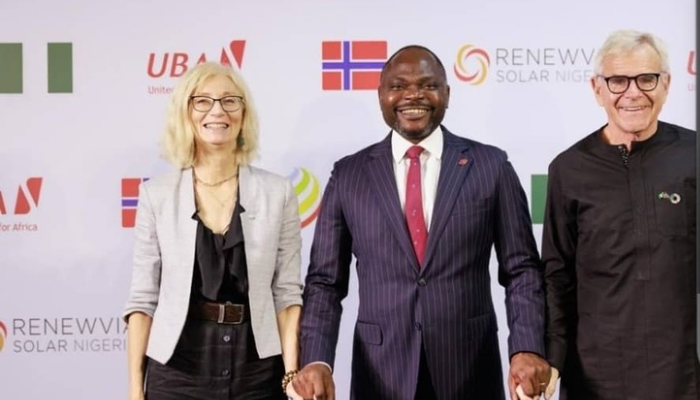
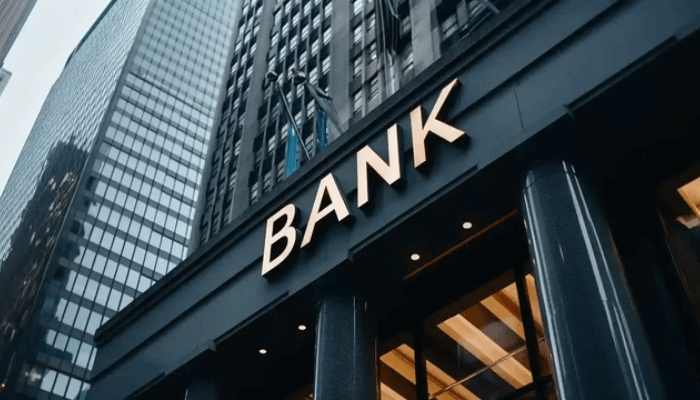

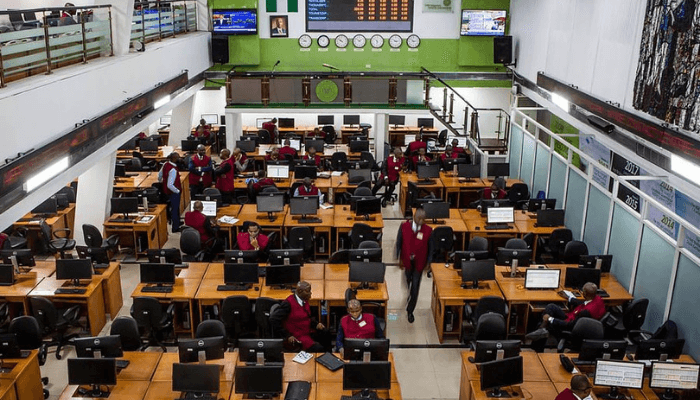

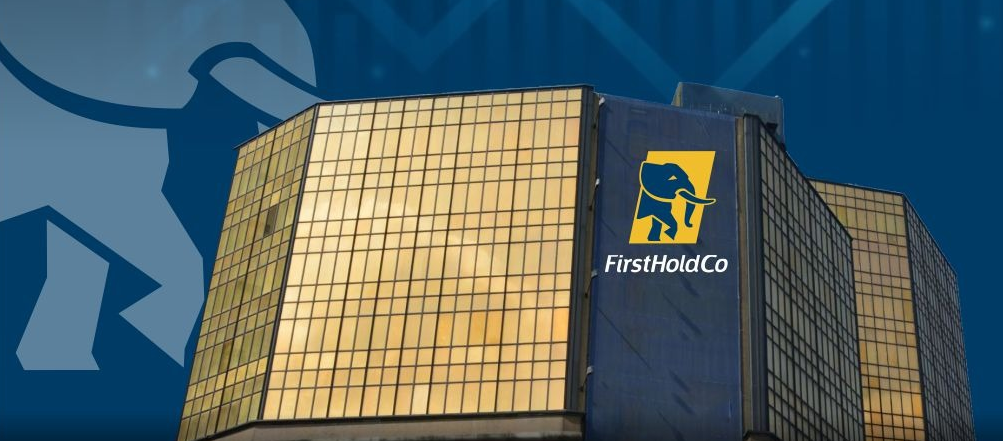

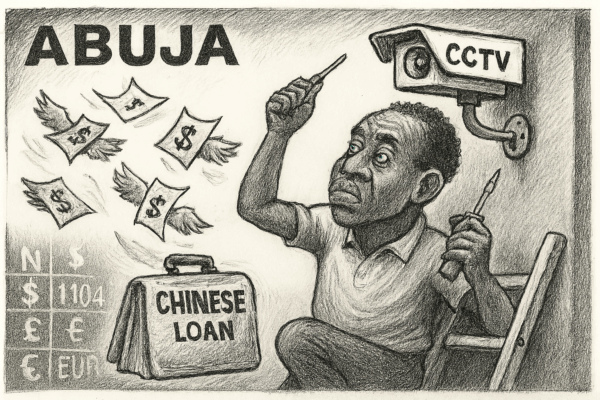

Leave a Reply